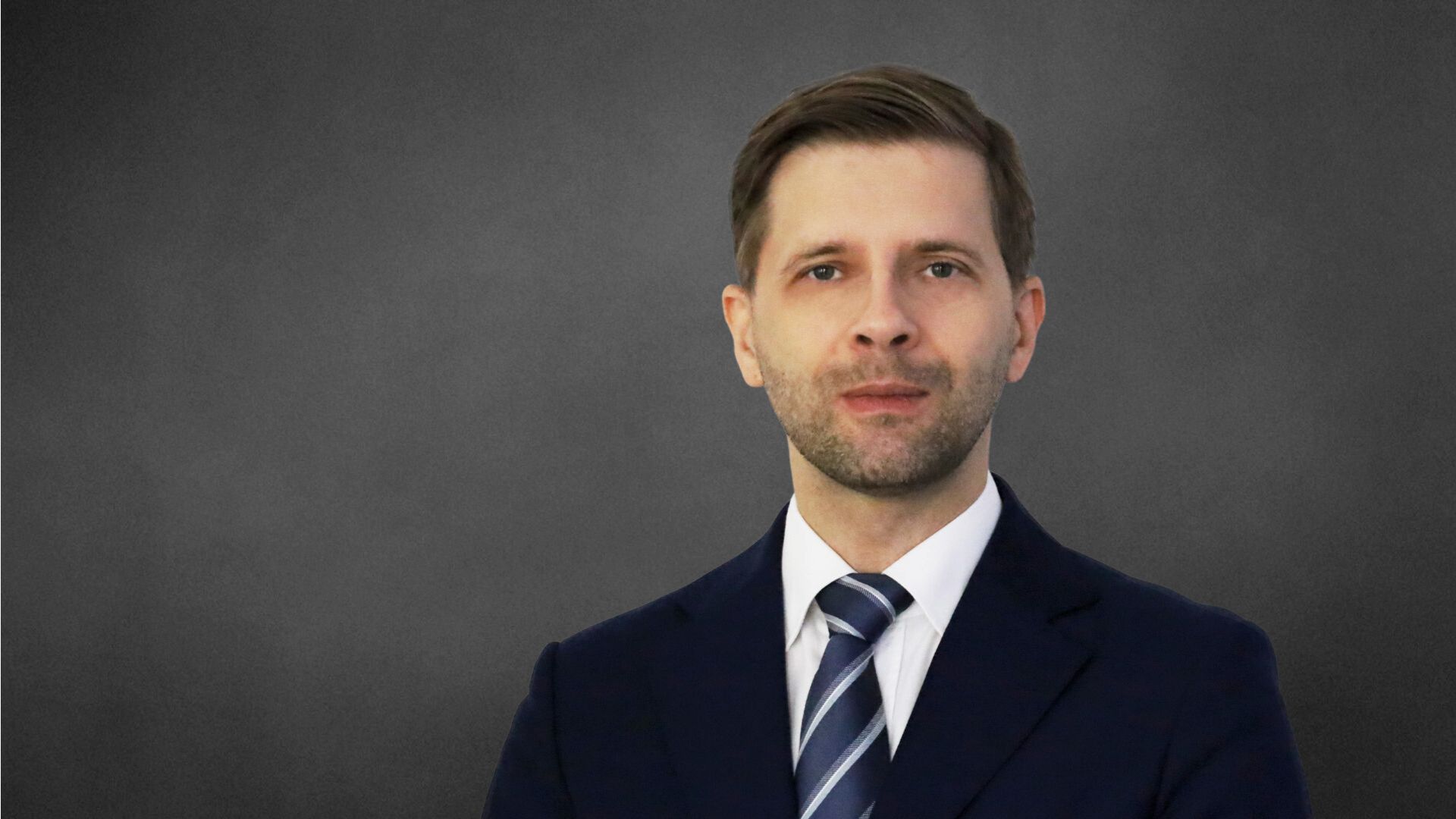The Significance of the President of Peru’s Resignation

Why did Kuczynski resign?
Since November 2017, the president has been struggling with allegations that he accepted illegal funds from Odebrecht, a Brazilian construction company involved in a corruption scandal in Brazil and in other countries in the region. He has had to deal with strong parliamentary opposition since taking office in July 2016. In April 2016, the Popular Force (Fuerza Popular, or FP) won 73 of the 130 seats compared to only 18 for Kuczynski’s party. In December 2017, FP launched an unsuccessful attempt to oust the president. That time, Kuczynski managed to win over a couple of political adversaries. Another try at impeachment was scheduled for 22 March. Then, there was a leak of recordings of Kuczynski’s allies trying to bribe some deputies ahead of the first debate and voting, which became the direct cause of his resignation.
What will be the effects on Peru?
According to Peru’s constitution, First Vice-President Martín Vizcarra will take over the presidency until 2021. This will mean continuity in the presidential administration but since he was not elected president, Vizcarra may have an even weaker mandate than Kuczynski. He will need to tackle low public support for politicians and high expectations to fight corruption. Although Peru has been one of the fastest-growing countries in the region, the continuity of enterprises crucial to the country’s economic growth (e.g., those engaged in big infrastructure projects) will depend on how President Vizcarra is able to cooperate with parliament. Difficulties in carrying out some reforms may lead, for example, to delays in Peru’s accession to the OECD.
What does the resignation mean for Peru’s international cooperation efforts?
Kuczynski’s departure may weaken the so-called Lima Group. It is a forum of a dozen countries from the Americas (the U.S. not included) initiated by the Peruvian president in August 2017 in response to the crisis and deterioration of democracy in Venezuela. It may also negatively affect Peru’s credibility as the host of the 8th Americas Summit, planned for 13–14 April. The main theme of the event will be the fight against corruption, with U.S. President Donald Trump among the invited guests. Vizcarra is expected to maintain Kuczynski’s decision to not invite Venezuela’s president to the summit. The political situation in Peru will not change its status as one of the EU’s main partners in promoting democracy in Latin America. Similarly, it should not affect Polish-Peruvian cooperation in the UN Security Council, including Poland’s rotation to the presidency of the UNSC in May after Peru.




